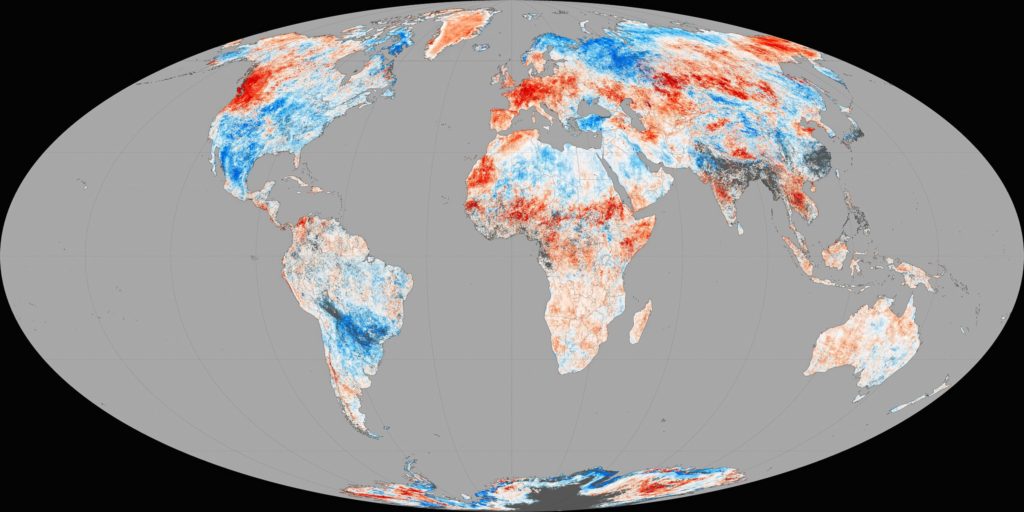Next year, in 2022, the IPCC will finalize its sixth assessment report. A report that is unarguably one of the most cited, far-reaching sources for trying to understand and argue policies that can mitigate the climate crisis and its impacts. It is exactly this type of imperative research that showcases the importance of transparent and reliable data. And just as much as countries need to be held accountable for providing accurate, up-to-date reporting on their CO2 emissions for policymaking, we need researchers and journalists worldwide to have access to this information as well.

